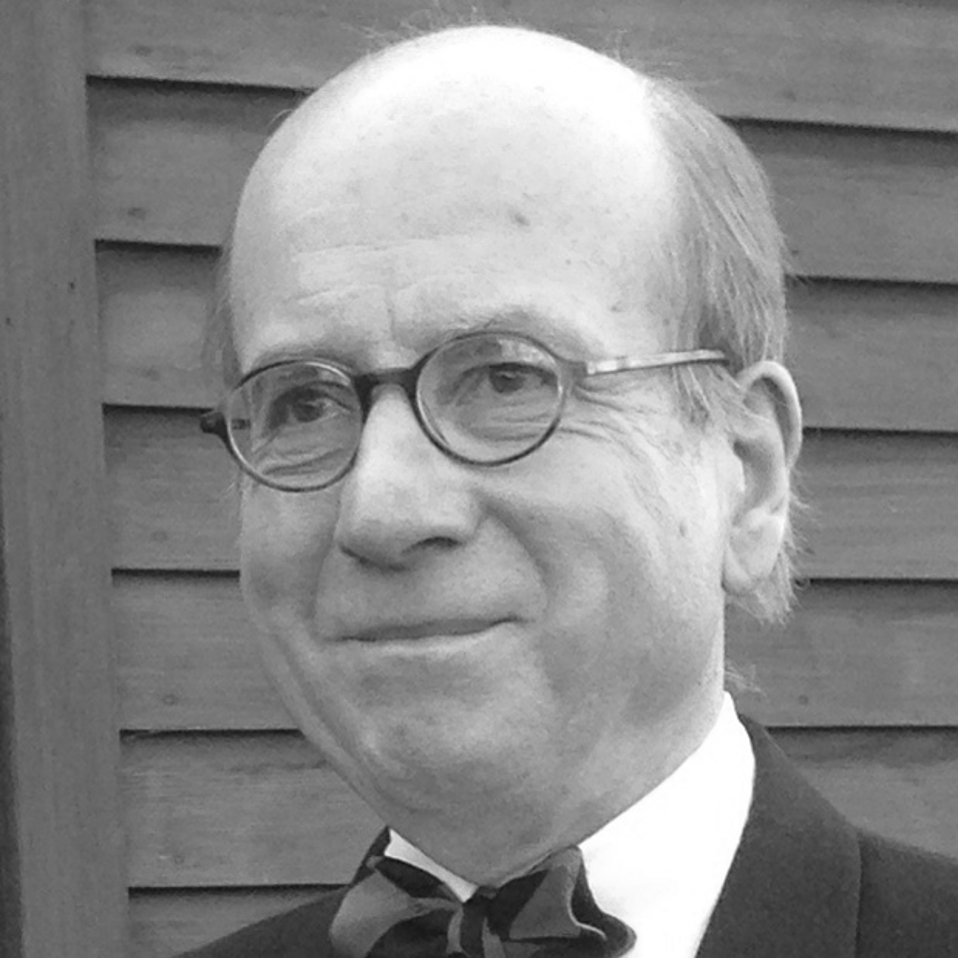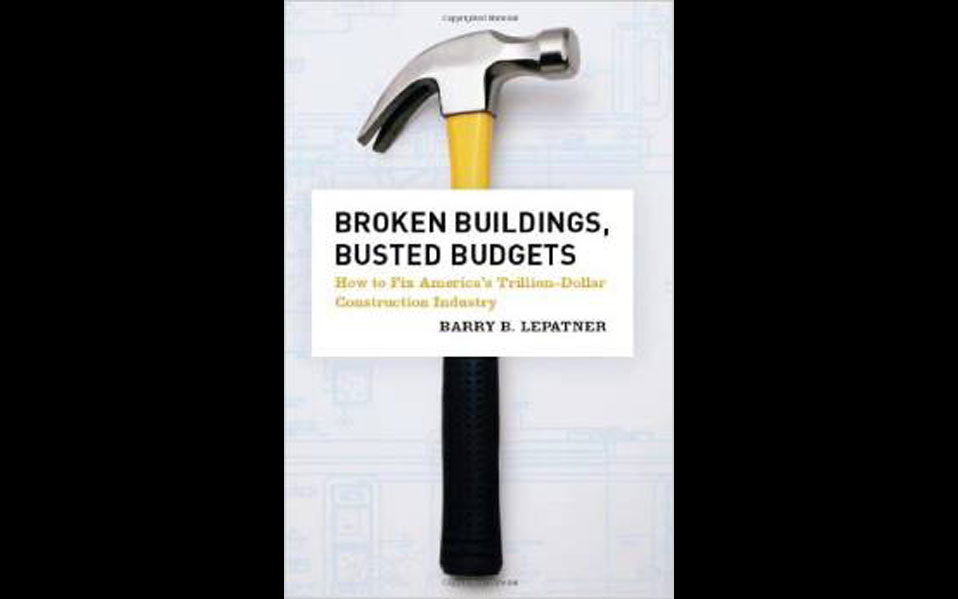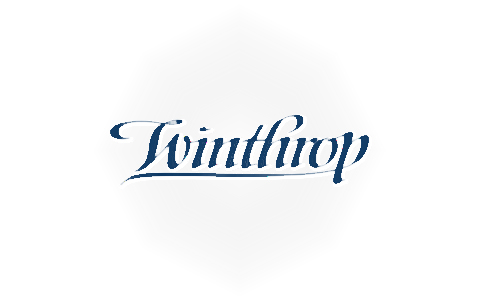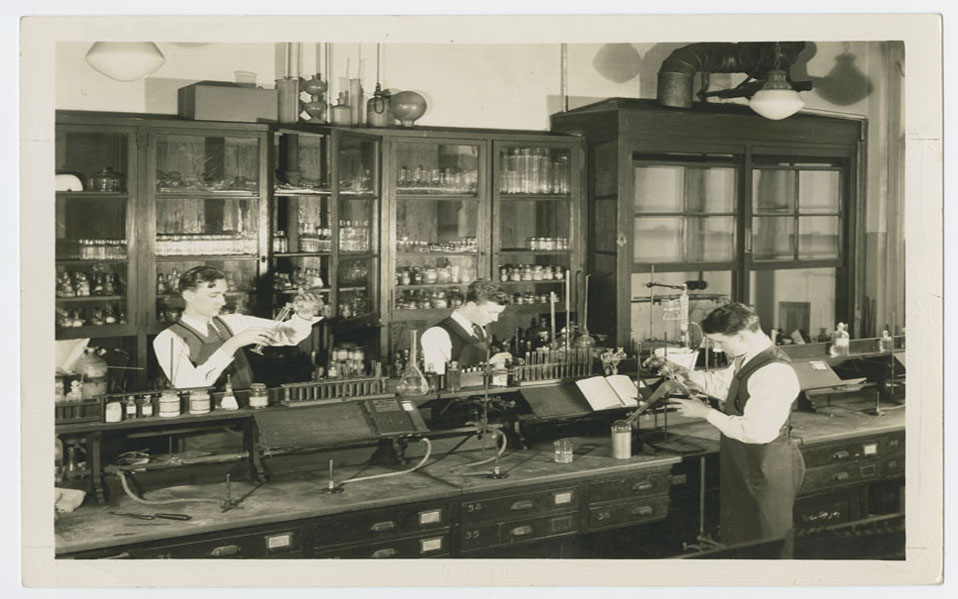
Timothy Jacobson
Senior Consultant
540.292.4650Winthrop Highlights
- Senior Consultant, 1992-Present
Education
- Vanderbilt University, Ph.D. History
- Vanderbilt University, B.A. History
Notable Clients
- American School in London
- Barry LePatner
- Becton Dickinson
- Cotton Incorporated
- Pitney Bowes
- Trinity Industries
- Trinity School
- U. S. National Library of Medicine
About Tim
Tim, a Senior Consultant of The Winthrop Group, has over 30 years of experience as an author and editor. His areas of expertise include energy, environmental services, medicine and health care, communications, legal and financial services, and education. In addition to consulting with CEOs, directors, and senior managers at dozens of clients, he has ventured far into the field, from top-level negotiations in China to the oil fields of the Middle East. His many books include, most recently, Charity and Merit: Trinity School at 300 and Cotton’s Renaissance: A Study in Market Innovation. Before joining Winthrop, he founded Chicago Times magazine and served as editor of both Chicago History and the 51-volume book series, The States and the Nation. Mr. Jacobson’s other writings include An Historical Guide to the United States (W. W. Norton), Discovering America: Journeys in Search of the New World (Key Porter), and An American Journey by Rail (W. W. Norton), which was runner-up for the Lowell Thomas Prize for best North American travel book of 1988.





